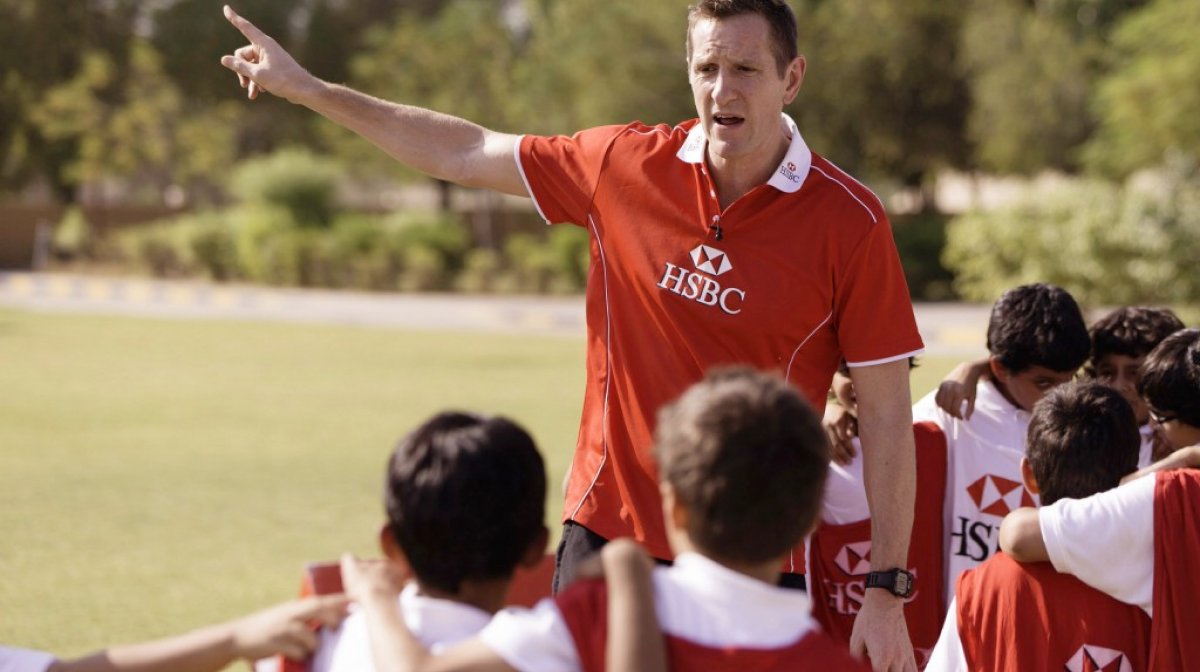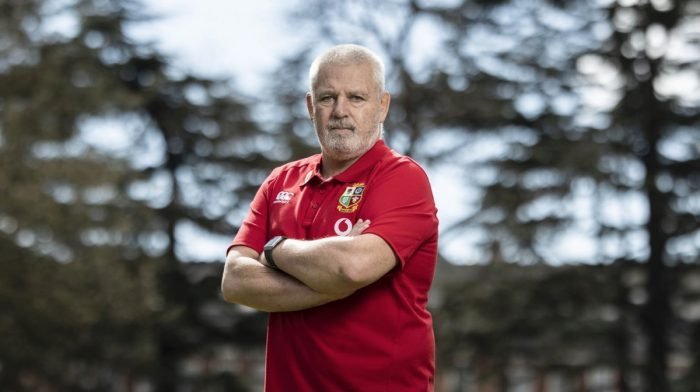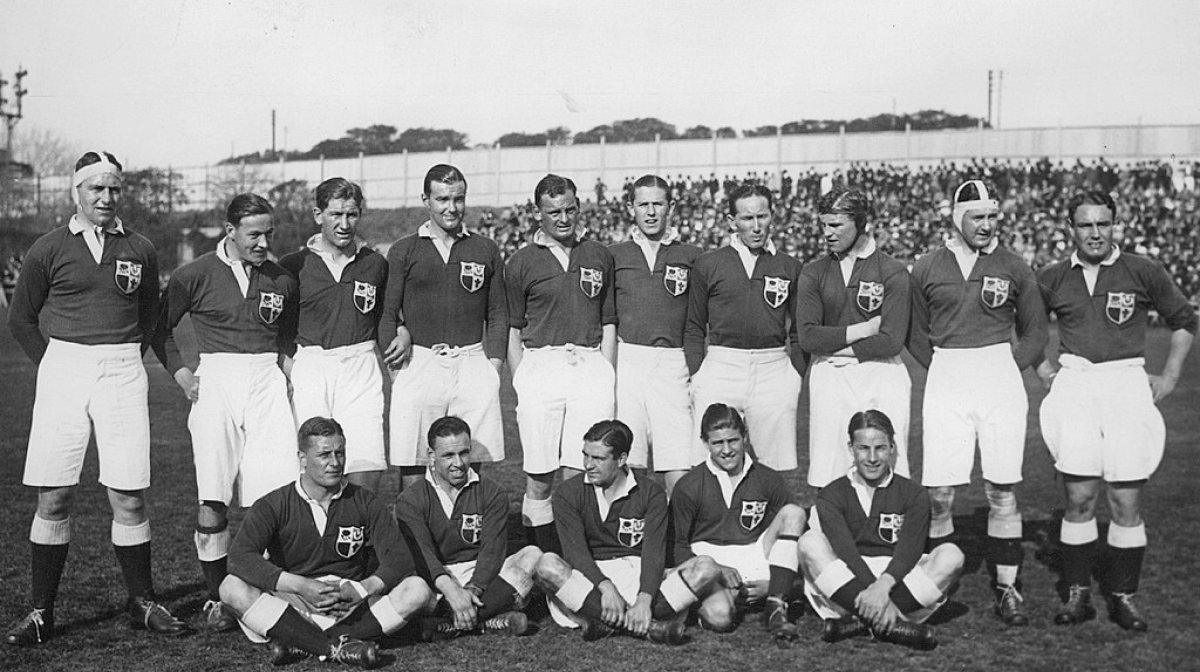If you’ve ever watched a group of children playing a team ball game like football for the first time, you can’t help but notice that, although there is plenty of enthusiasm, the youngsters show scant knowledge of the rules, almost no concept of tactics and very little idea about teamwork. A couple of years later, after minimal coaching, those same children will approach the game very differently; they will know the rules, function as a unit and play for each other. And, the better they play the game, the more they love it.
At the basic level, that is what coaching can do and why coaching is important. But how do you become an effective coach? To become a rugby coach, you don’t need to have been a great player; love and some knowledge of the game are the main ingredients along with a desire to share your passion with players. Your role will be to help players develop to achieve their maximum potential and to mould them into a team. And, to be effective, you’ll need to:
- Understand and be able to explain the rules of the game.
- Explain the technical aspects of the game and how players can keep within the rules.
- Teach the basic skills such as passing, catching, kicking and tackling.
- Formulate and explain tactics.
- Establish fitness-training regimes.
- Look after your players’ physical and mental well being.
- Ensure that your players are responsible and disciplined.
When you become a coach you’ll find that you use a variety of ways to get your message across. Obviously, you’ll talk to your players but you should be aware that research has shown that how you make your point – tone of voice and body language – has a much greater impact than what you say. Also, players learn best when they are actually involved in the learning process, so rather than just telling players what to do you will get far better results by asking them for their input on how to resolve a particular problem or presenting the problem to them and asking them to solve it themselves with you in the background if they need you.
Naturally, there is no ‘one style fits all’ solution to coaching. There will be times when just telling the players will be the best approach and times when letting the players solve a problem themselves will be best. Players are individuals and will respond differently to different styles and in different situations. How you approach each problem will depend on the player and the circumstances; in this respect experience plays a major part.
In England, the RFU’s ‘All Schools” programme, which is aimed at taking rugby to an increasing number of state schools and which we at Canterbury are proud to sponsor, means that there is an increasing need for enthusiastic individual to take up coaching. Remember, you don’t have to have been a brilliant player to be a good rugby coach.
If you are interested in coaching rugby, then you should approach the Rugby Union in your area. Unions are eager to promote the game and usually run graded coaching courses that lead to official accreditation.









